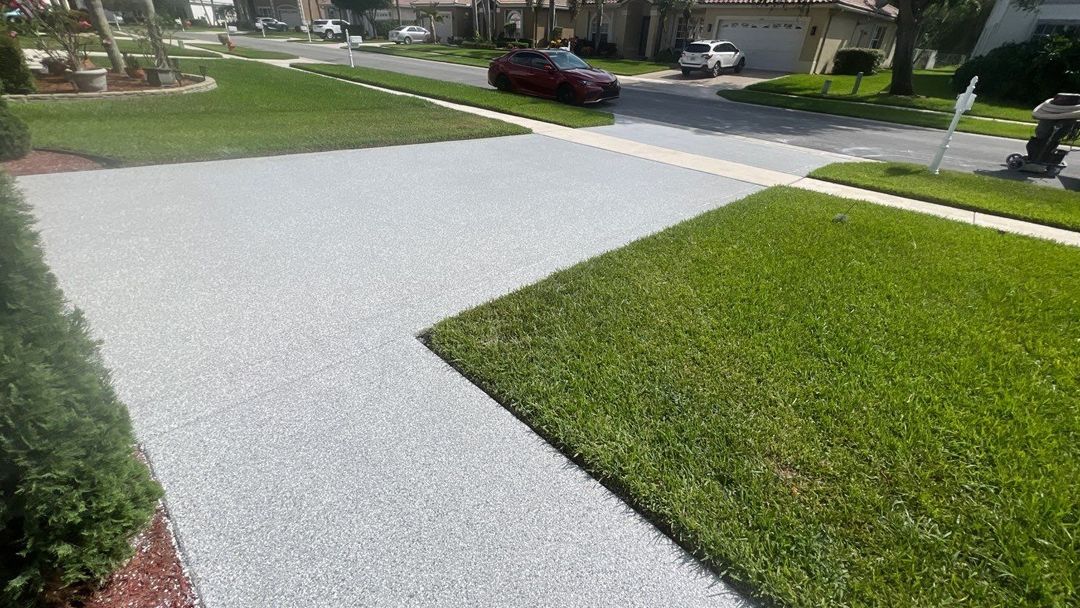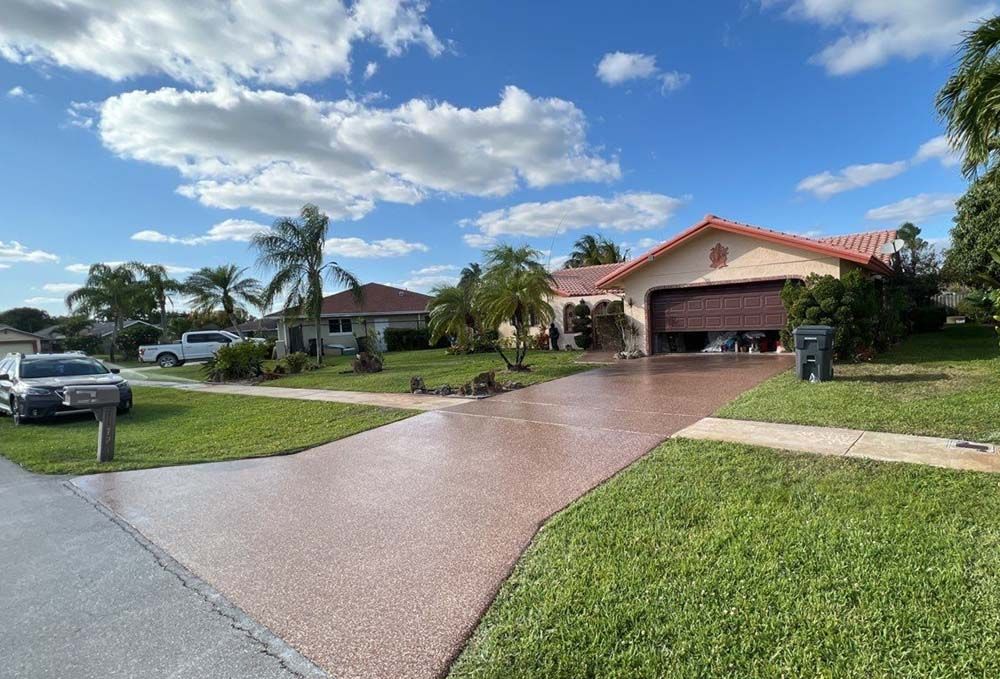What is the difference between epoxy and floor paint?
What is the difference between epoxy and floor paint?
Epoxy and floor paint are both popular options for coating and enhancing the appearance of concrete floors, but they differ significantly in terms of composition, durability, and application.
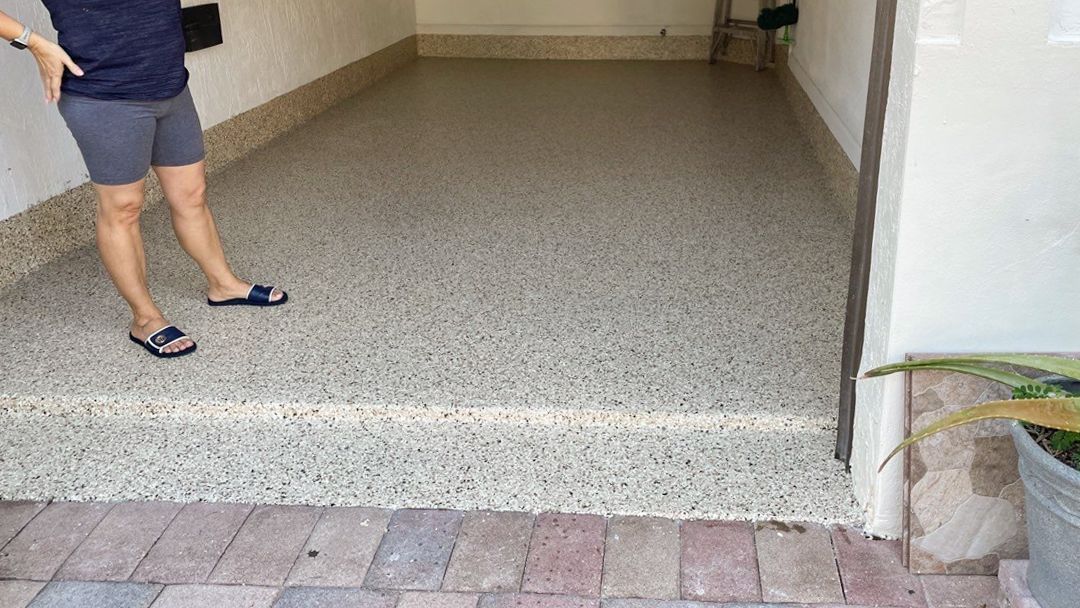
Epoxy Flooring:
- Epoxy flooring is a type of resinous flooring that consists of a two-part epoxy resin system.
- It is highly durable, offering excellent resistance to abrasion, chemicals, stains, and impact.
- Epoxy creates a thick, seamless, and glossy finish, providing a professional and aesthetically pleasing appearance.
- It requires thorough surface preparation, including etching or grinding, to ensure proper adhesion.
- Epoxy flooring is commonly used in commercial and industrial settings due to its durability and resistance to heavy traffic.
Floor Paint:
- Floor paint, also known as concrete paint, is a simpler coating typically made from acrylic or latex-based formulas.
- It offers a decorative finish and limited protection against wear and tear, but it is not as durable as epoxy.
- Floor paint is easier to apply compared to epoxy and may require less surface preparation, depending on the product.
- It is available in various colors and finishes, allowing for customization to suit different preferences and design schemes.
- Floor paint is often used in residential garages, basements, and other light-duty applications where cost-effectiveness is a priority.
Key Differences:
- Durability: Epoxy flooring is much more durable and long-lasting than floor paint, withstanding heavy traffic and harsh conditions.
- Resistance: Epoxy offers superior resistance to chemicals, stains, and abrasion compared to floor paint.
- Appearance: Epoxy creates a seamless and glossy finish, while floor paint provides a decorative but less professional-looking appearance.
- Application: Epoxy requires meticulous surface preparation and a multi-step application process, whereas floor paint is simpler and quicker to apply.
- Suitability: Epoxy is preferred for high-traffic commercial and industrial environments, while floor paint is suitable for lighter-duty residential use.
In summary, while both epoxy and floor paint serve the purpose of enhancing concrete floors, epoxy stands out for its superior durability, resistance, and professional finish, making it the preferred choice for demanding applications.
I
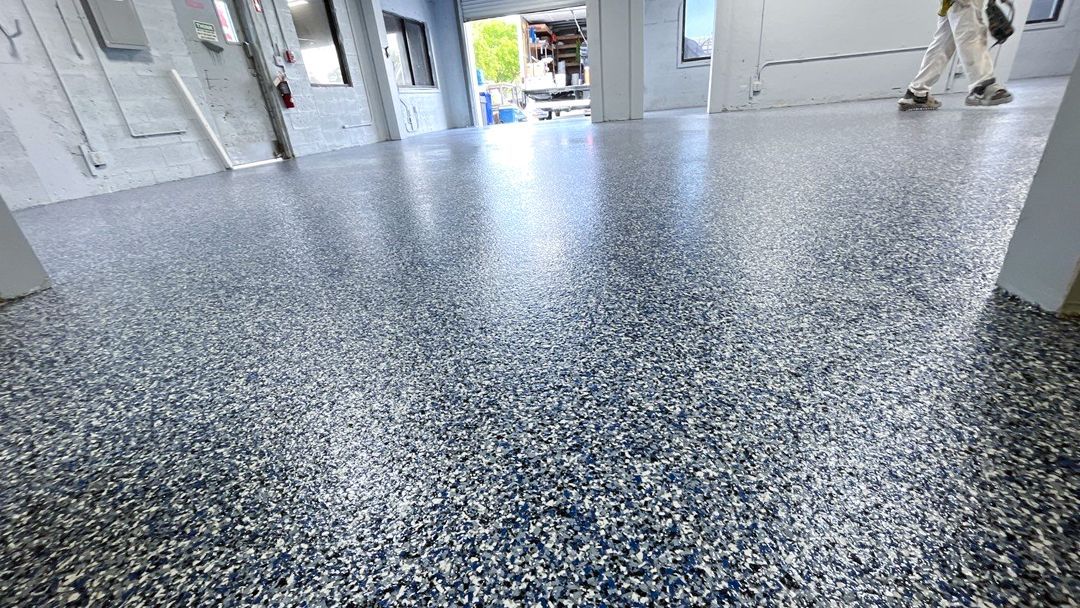
08 May, 2024
When working on flooring projects, achieving a smooth, level surface is crucial for the longevity and aesthetics of your new floor. Floor levelling compound, also known as self-levelling compound or self-levelling underlayment, is often used to correct uneven or damaged subfloors. One of the most common questions people ask is: "How long does floor levelling compound take to dry?
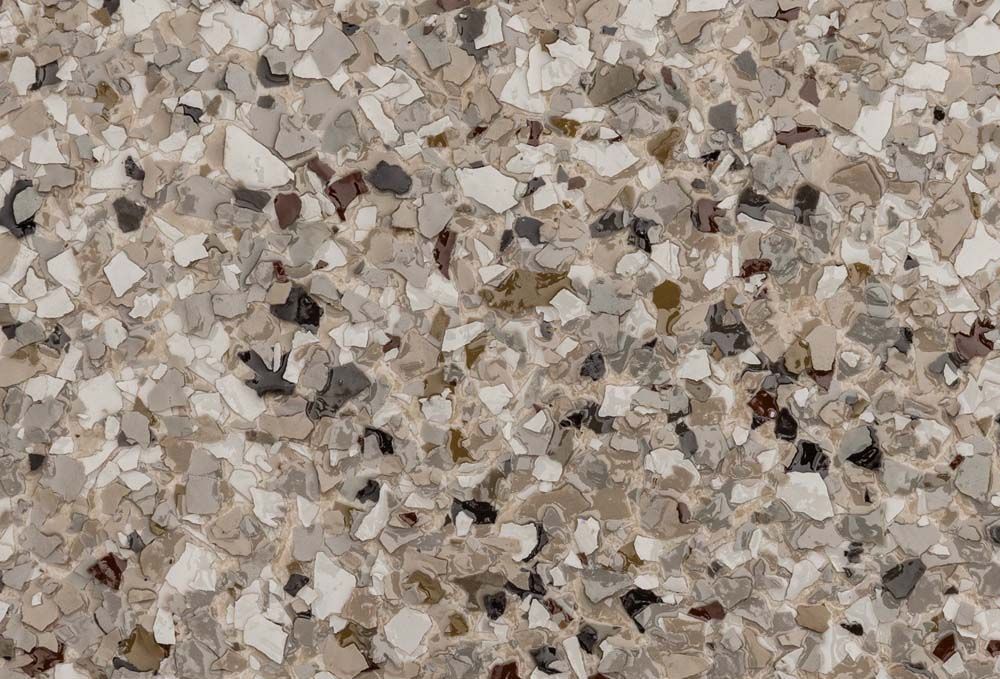
07 May, 2024
Set the month alight with the color of the month, 'Twilight,' from 24Hour Floor. From 24Hour Floor, a perfect combination of soft sophistication and modern appeal will give this color an ability to bring both serenity and active flair to space. Soft undertones render serenity, while vibrant subtleness continues creativity and inspiration.
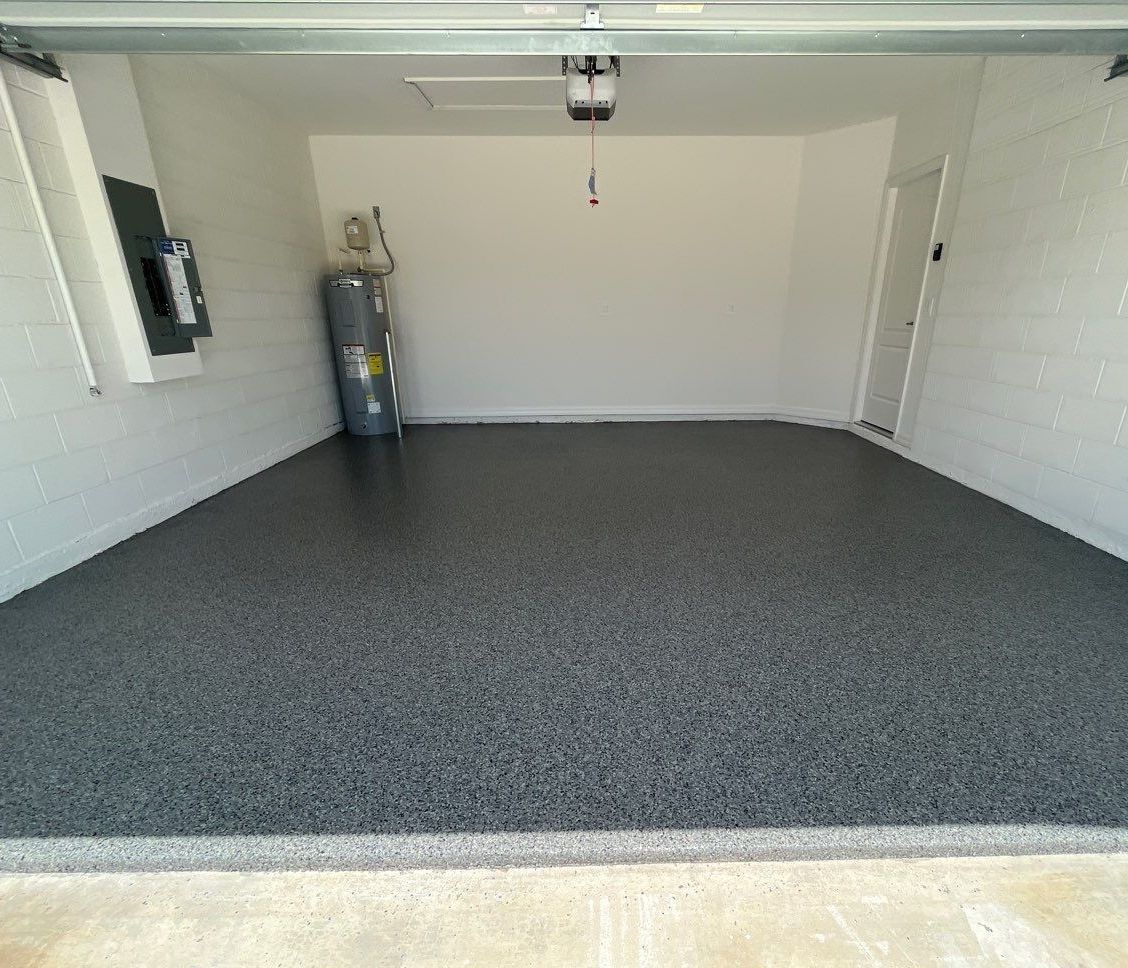
By Bernadette Knopp
•
03 May, 2024
Refinishing your garage floor can transform a dull and worn-out surface into a durable, attractive, and functional space. Whether you're looking to enhance the aesthetics of your garage or improve its longevity, refinishing offers a range of benefits. In this comprehensive guide, we'll explore everything you need to know about refinishing garage floors, from the different types of finishes to DIY tips and hiring professionals.
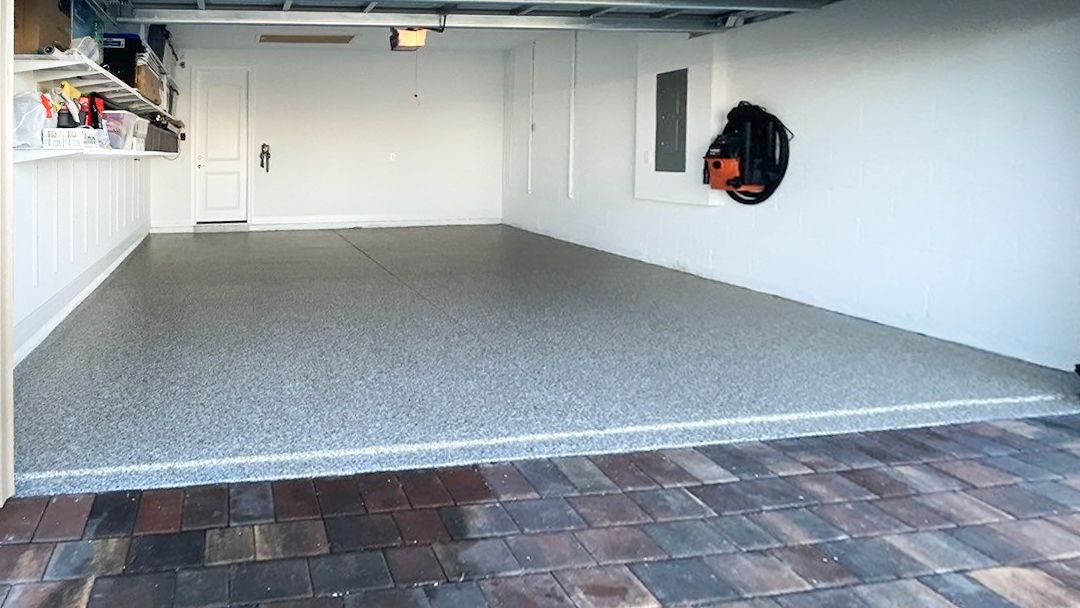
By Bernadette Knopp
•
02 May, 2024
Leveling cement, also known as self-leveling cement or floor leveler, is a versatile material used in construction and renovation projects to create a smooth, even surface. Whether you're installing new flooring, repairing old concrete, or preparing a substrate for tile or carpet, leveling cement can be your best ally. In this comprehensive guide, we'll delve into everything you need to know about leveling cement, from its types and benefits to its application techniques and common mistakes to avoid.
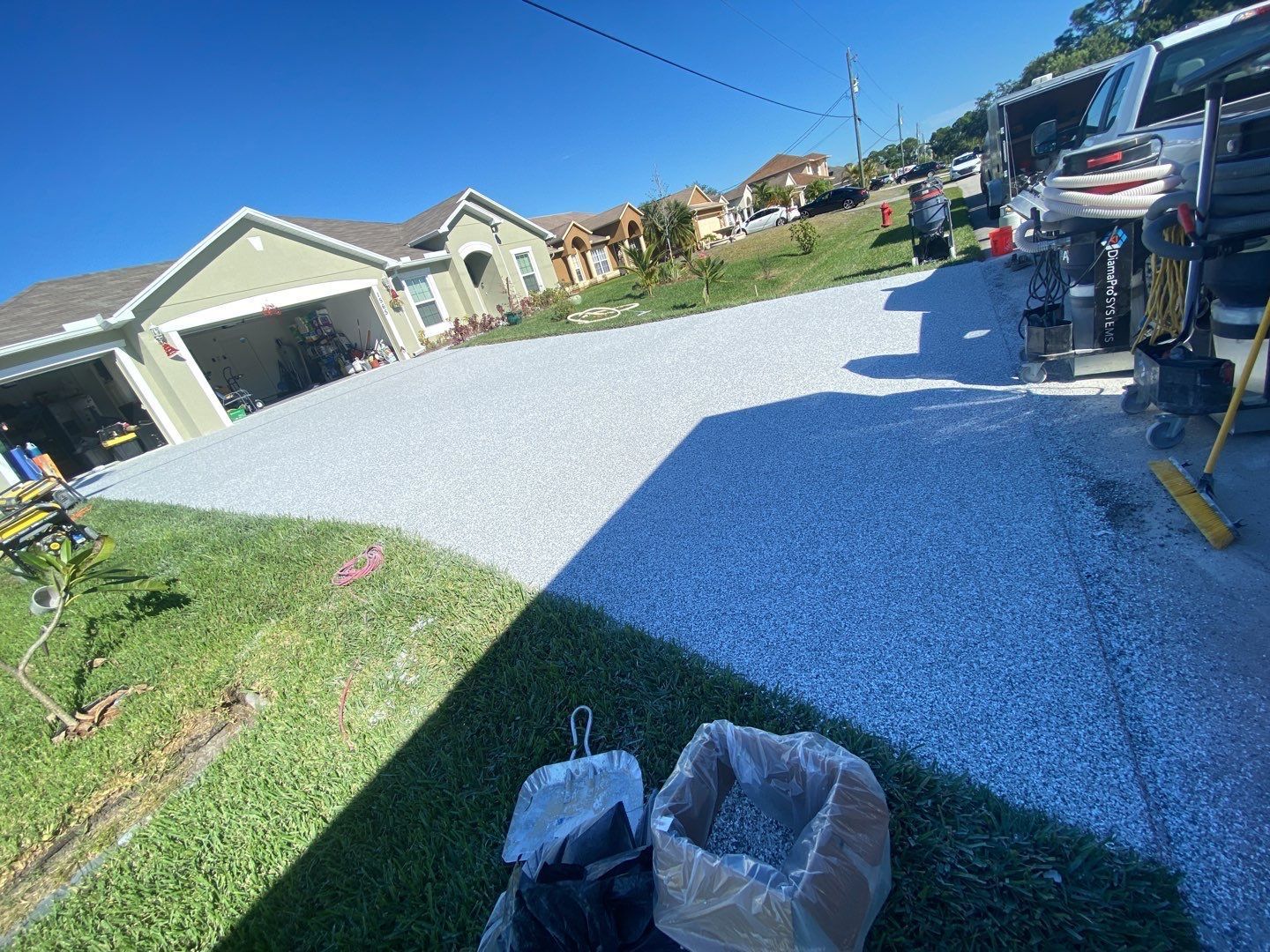
By Bernadette Knopp
•
01 May, 2024
Cracks in a concrete patio not only detract from its aesthetic appeal but also pose safety risks and can lead to further damage if left unattended. In this comprehensive guide, we'll explore effective methods to repair cracked concrete patios, whether you're a DIY enthusiast or seeking professional assistance.
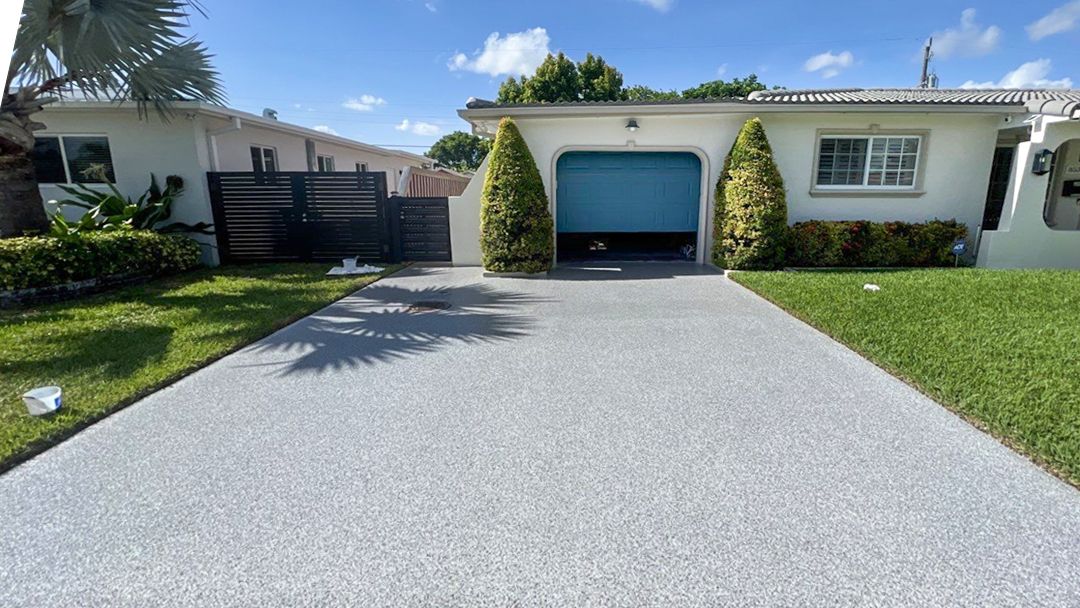
By Bernadette Knopp
•
25 Apr, 2024
Epoxy back patios have become a popular choice for homeowners looking to enhance the aesthetics and durability of their outdoor spaces. Unlike traditional concrete or stone patios, epoxy offers a range of benefits and design possibilities that can elevate your patio experience.
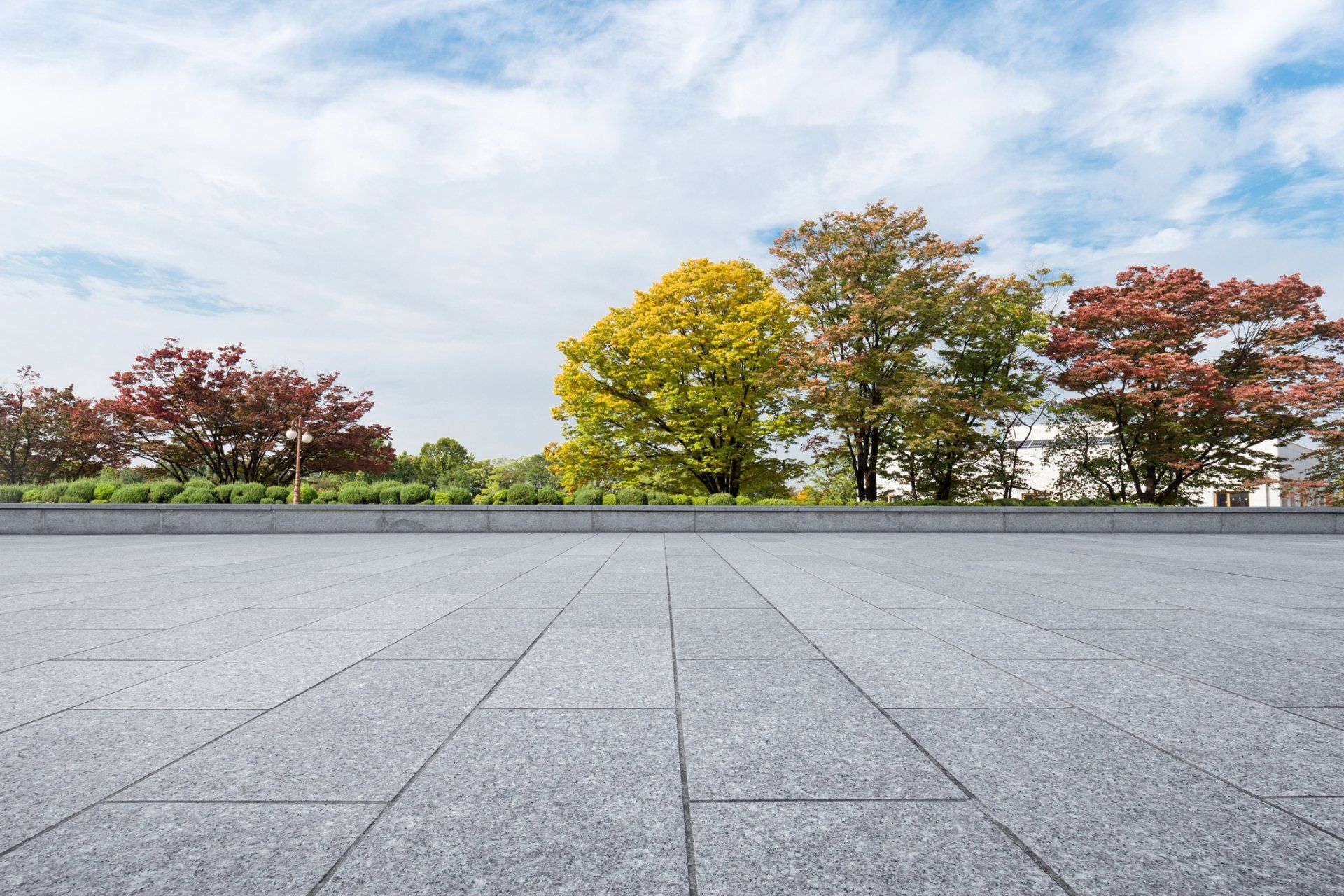
By Bernadette Knopp
•
23 Apr, 2024
Concrete floors offer durability and a sleek, modern look, but maintaining their shine requires proper care and maintenance. In this comprehensive guide, we'll explore the step-by-step process of achieving brilliantly shiny concrete floors that enhance the aesthetics of any space.


